How do I know if my child needs Pediatric Occupational Therapy?
Below is a list of skills/behaviors that young/preschool/school age children can display. If your child exhibits 3 or more of these behaviors, occupational therapy can often help.
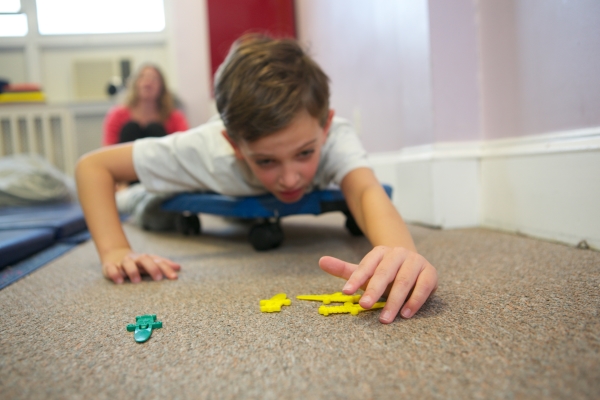
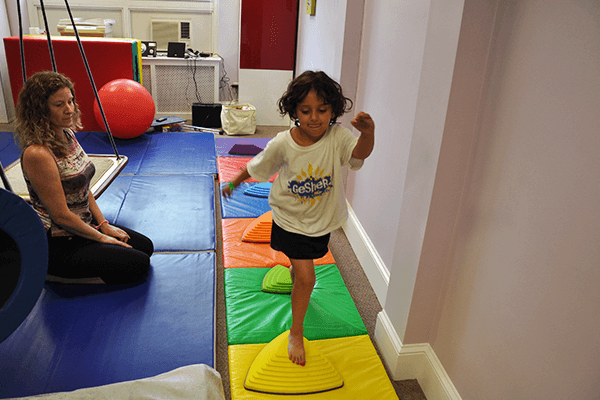
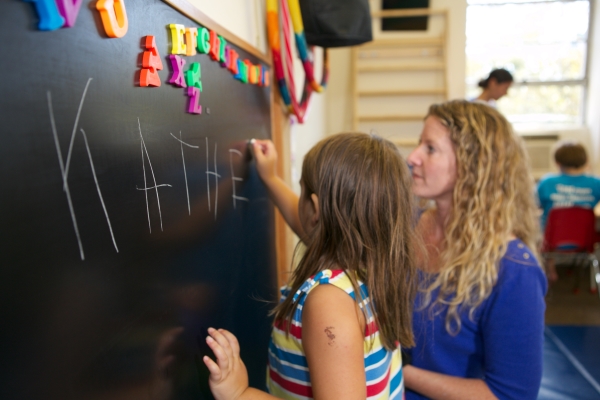
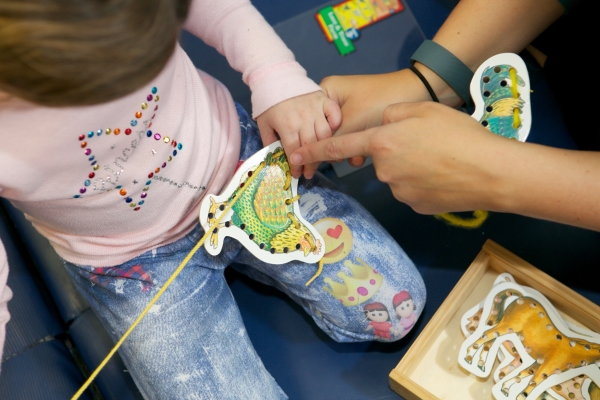
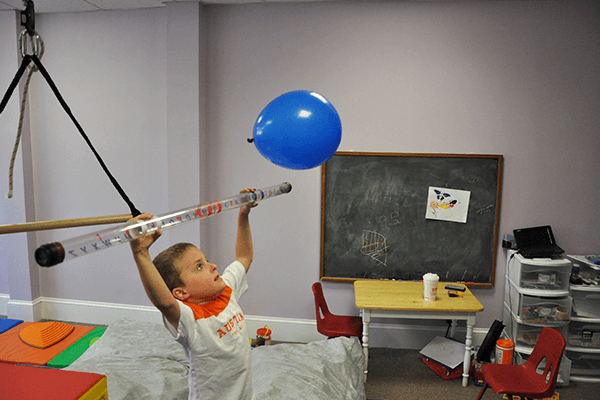
Infants
If your infant or toddler exhibits 3 or more of these behaviors, occupational therapy can often help.
My Infant/Toddler:
- Is unusually fussy
- Is unable to bring hands together to reach for toys
- Is slow to roll over, sit up, stand or crawl
- Has difficulty tolerating prone (on belly) position
- Fails to explore their environment
- Has difficulty babbling
- Is easily startled
- Dislikes baths
- Cries or becomes tense when moved through space
- Resists being held, dislikes cuddling
- Exhibits feeding difficulties or difficulty latching on bottle or breast
- Has difficulty falling / staying asleep
- Is overly active, seeks excessive movement
Preschoolers
If your preschooler exhibits 3 or more of these behaviors, occupational therapy can often help.
My preschooler:
- Says “I can’t “ or “I won’t” to age appropriate self-care or play activities.
- Seems weak or fatigues easily
- Is clumsy, or falls down frequently
- Bumps into things, overshoots or undershoots when performing age appropriate activities.
- Has trouble judging body position in relation to objects around him/her
- Dislikes or avoids fine motor activities such as coloring, cutting, or puzzles.
- Has difficulty grasping tools such as crayons, markers, or utensils.
- Does not enjoy physical activities such as jumping, swinging or having feet off the ground
- Has delayed language development.
- Is overly active, seems to seek out movement which interferes with play.
- Is overly sedentary; avoids movement activities
- Has difficulty focusing
- Has difficulty shifting between tasks
- Over or under reacts to touch, taste, sounds, or smells
- Avoids playground activities
- Has sleep disturbances
- Needs more practice than other children to learn new skills
School Age Children
If your school age child exhibits 3 or more of these behaviors, occupational therapy can often help.
My School Age Child:
- Has difficulty focusing, poor attention span
- Has muscle weakness, tends to use arms to prop self at desk
- Has difficulty with handwriting including letter formations, sizing, spacing, and alignment of letters
- Applies too much pressure or not enough pressure when writing
- Needs more practice than other children to acquire new skills
- Has poor self esteem, decreased confidence
- Becomes stressed during grooming activities such as bathing and/or haircuts
- Avoids sports or gym activities sometimes due to lack of coordination
- Over or under reacts to touch, taste, sounds, or smells
- Has difficulty playing with peers; prefers to play with adults or younger children
- Has difficulty following multi-step directions
